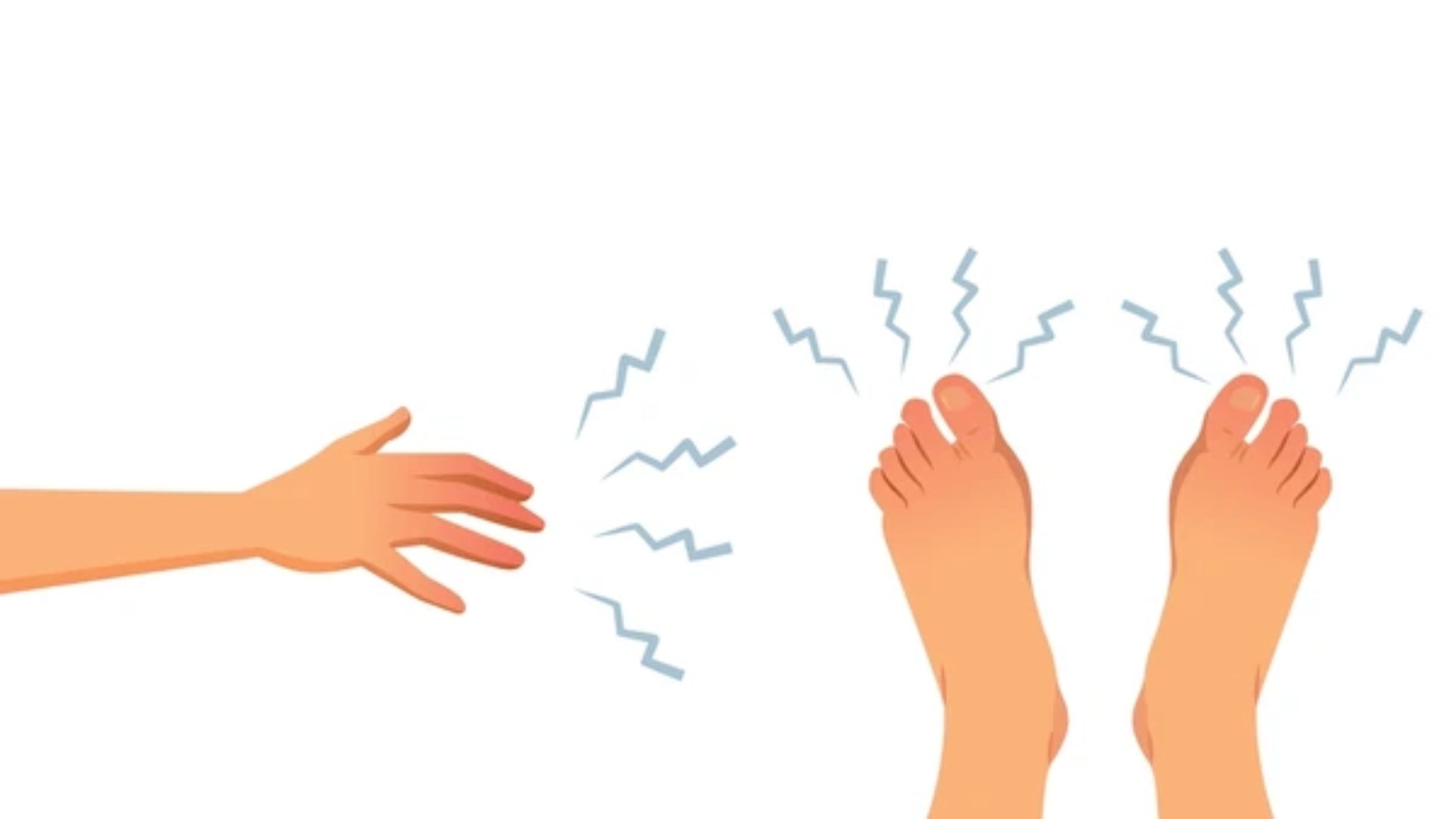
In the realm of human health, the intricacies of the nervous system remain one of the most fascinating and complex areas of study. Amidst the myriad of conditions that can afflict this vital network, neuropathy stands out as a particularly enigmatic yet prevalent concern. With the guidance of experts like Shamis Tate, let’s delve into the fundamentals of neuropathy, exploring its causes, symptoms, and the array of treatments available to address it.
Understanding Neuropathy: A Primer
Neuropathy, broadly defined, refers to dysfunction or damage within the peripheral nervous system. This intricate web of nerves connects the brain and spinal cord to the rest of the body, facilitating communication and controlling various bodily functions. When this system becomes compromised, it can manifest in a range of symptoms, from mild discomfort to debilitating pain.
Causes of Neuropathy
The origins of neuropathy are multifaceted, with a variety of underlying factors capable of triggering its onset. Chronic conditions such as diabetes mellitus, autoimmune diseases like lupus or rheumatoid arthritis, and infections such as HIV or Lyme disease are known to contribute to nerve damage. Additionally, exposure to toxins, certain medications, and even nutritional deficiencies can play a role in the development of neuropathic symptoms.
Symptoms to Watch For
Recognizing the signs of neuropathy is crucial for early intervention and management. While the specific symptoms can vary depending on the underlying cause and the nerves affected, common manifestations include:
- Tingling or numbness: Patients often report sensations of pins and needles or a loss of feeling in the affected areas.
- Burning or shooting pain: Neuropathic pain can range from mild discomfort to intense, stabbing sensations, often exacerbated by movement or touch.
- Muscle weakness: Weakness or paralysis in the affected limbs may occur, leading to difficulties with coordination and motor function.
- Sensitivity to touch: Some individuals experience heightened sensitivity to stimuli, with even light pressure eliciting pain or discomfort.
- Changes in temperature regulation: Dysfunction in the autonomic nerves can disrupt the body’s ability to regulate temperature, resulting in excessive sweating or intolerance to cold.
Treatment Strategies
While neuropathy presents significant challenges, advancements in medical research have yielded a multitude of treatment options aimed at managing symptoms and improving the quality of life for affected individuals. From pharmaceutical interventions to lifestyle modifications, the approach to neuropathic care is often multifaceted:
- Medications: Analgesic medications, such as nonsteroidal anti-inflammatory drugs (NSAIDs) or opioids, may be prescribed to alleviate pain associated with neuropathy. Additionally, anticonvulsants and antidepressants have shown efficacy in managing neuropathic symptoms by modulating nerve signaling.
- Physical therapy: Targeted exercises and rehabilitation techniques can help strengthen muscles, improve coordination, and alleviate discomfort associated with neuropathy.
- Alternative therapies: Complementary approaches like acupuncture, massage therapy, and biofeedback have gained popularity as adjunctive treatments for neuropathic pain management.
- Nutritional support: Ensuring adequate intake of vitamins and minerals, particularly B vitamins and antioxidants, may help support nerve health and function.
- Lifestyle modifications: Adopting a healthy lifestyle, including regular exercise, stress management, and smoking cessation, can mitigate risk factors associated with neuropathy and promote overall well-being.
Looking Ahead
As our understanding of neuropathy continues to evolve, so too do our strategies for diagnosis and treatment. Collaborative efforts between healthcare professionals, researchers, and patient advocates like Shamis Tate are essential for advancing knowledge in this field and improving outcomes for those affected by neuropathic conditions.
In conclusion, neuropathy represents a complex yet manageable challenge within the realm of neurology. By fostering awareness, promoting early detection, and exploring innovative therapeutic approaches, we can empower individuals living with neuropathy to lead fulfilling lives despite the obstacles they may face. Together, let us continue to unravel the mysteries of neuropathy and strive for a future where effective treatments are accessible to all who need them.